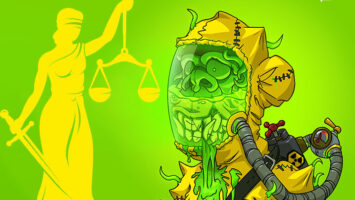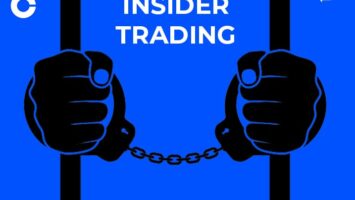SNEAK PEEK
- The Court of Rome has allowed the very first injunction against non-fungible tokens that violate trademark rights.
- The judgment is remarkable in a number of respects.
- Popularity of NFTs have increased the possibilities of similar legal actions to fix such matters.
Juventus FC, the Italian soccer team, has protected its lawsuit against the blockchain-powered company, Brockeras s.r.l. Blaming the gaming platform of manufacturing NFTs featuring Juventus players without the right, Juventus FC has filed a lawsuit at The Court of Rome.
The lawsuit has been filed to obtain a preliminary official order against Brockeras, a company known to manage online fantasy football games that are hosted on Binance.
Besides producing NFT cards with the image of Juventus FC’s former player without authorization, the fantasy game has also been accused of another matter. The NFT cards had various other trademarks such as the historic black and white stripes pattern. There’s also the contracted version of Juve, the name of the club that’s used by fans.
Supporting the arguments raised by Juventus, The Court of Rome issued certain orders against Brockeras. The company has been ordered to not only withdraw the non-fungible tokens but also the related digital content from every website, every page and market that are controlled both directly or indirectly by the same where such products are advertised or sold.
The court has also ordered the accused to share relevant details that can help to locate people who are a part of the production stages as well as marketing of NFT cards of Brockeras. The total number of cards created and their price have to be shared as well.
The court has also ordered the accused to publish the issued order in the daily newspapers and social platforms- Twitter, Facebook and Instagram for a month.
In the European area, Juventus FC lawsuit is the only known judgment with the court holding that non-fungible tokens that reproduce trademarks of a third party without permission are infringing, thus, allowing a related injunction.









